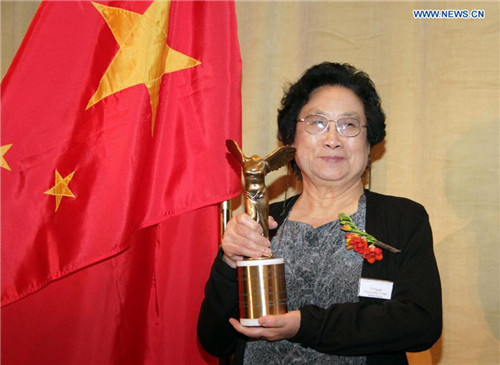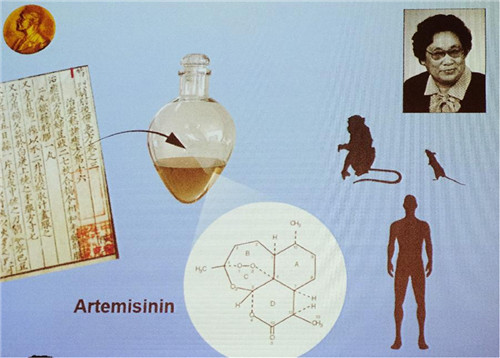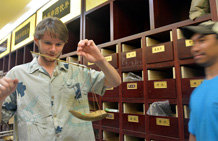
Chinese, Irish, Japanese scientists share 2015 Nobel Prize for physiology, medicine
Source: Xinhua
Updated: 2015-10-06
STOCKHOLM, Oct. 5 (Xinhua) -- China's Tu Youyou, Irish-born William Campbell and Japan's Satoshi Omura jointly won the 2015 Nobel Prize for Physiology or Medicine, the Nobel Assembly at Sweden's Karolinska Institute announced Monday.

Tu won half of the prize "for her discoveries concerning a novel therapy against Malaria", while Campbell and Omura were jointly awarded the other half of the prize "for their discoveries concerning a novel therapy against infections caused by roundworm parasites," said the assembly.

According to the statement, Tu discovered Artemisinin, a drug that has significantly reduced the mortality rates for patients suffering from Malaria.

World Family Summit
The World Family Organization was founded in Europe in 1947 and headquartered in Paris.
Link: China's Central Government / World Health Organization / United Nations Population Fund / UNICEF in China
Copyright 2014 National Health and Family Planning Commission of the PRC All rights reserved






